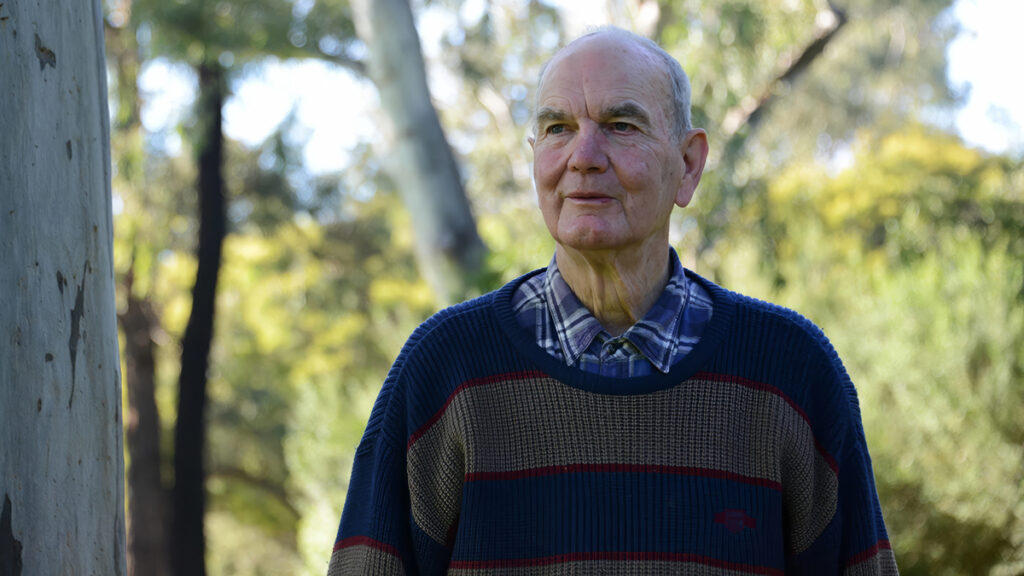This year’s Australian Commonwealth and Victorian budgets revealed a troubling contradiction.
Both governments pledged more money to prevent crime by incarcerating more people in detention centres and jails.
Yet both also limited programs that could change the lives of those confined, ensuring that many would reoffend and return.
Contradictions like this usually signal bad policy, shaped by a shallow culture.
Stigma and distance
In our culture, we instinctively see prisoners differently from others whose movement is restricted. Visiting someone in hospital or a nursing home feels natural. Visiting someone in jail feels less so.
We imagine gaols as cold, distant places of bluestone or sterile steel. Prisoners are excluded from the spaces where people live and gather freely. The stigma of imprisonment makes us keep our distance.
We often see prisoners as a group, not as individuals. They are defined by their crimes, not their inner lives. Media coverage reinforces this, focusing on riots, stabbings or drugs, making prisoners seem violent and powerful.
Life before prison
These prejudices stop us from asking how people end up in prison. Many have endured challenges most of us have not faced: childhood domestic violence, drug abuse, overcrowded housing, poor schooling, learning difficulties, mental and physical illness, unemployment and inadequate access to health and welfare services.
Many have not had our advantages.
Erosion of connection
Prison weakens already fragile ties to family and community. Separation, stigma and loss of self-esteem erode relationships and damage chances of employment.
Some prisoners form connections inside that sustain them. But others build ties that reinforce anti-social attitudes and skills.
When released, untreated mental illness and low self-worth remain. Relationships, already frayed, are hard to rebuild. Finding work is difficult. Many return to old environments and bad company.
The result? They are more, not less, likely to offend again.
Purpose of detention
This is not to say detention has no place. Society has a right and duty to hold people accountable, ensure they do not profit from wrongdoing, and protect the community from dangerous behaviour.
But the principal purpose of detention, and any response to crime, should be to help people take responsibility for their actions and equip them to return and contribute to society.
For most, the best place to do this is within their families and communities.
The money saved by keeping people out of prison could be used to address the social conditions that lead them there in the first place.

- Andrew Hamilton SJ is the consulting editor of Eureka Street and a writer at Jesuit Social Services.

